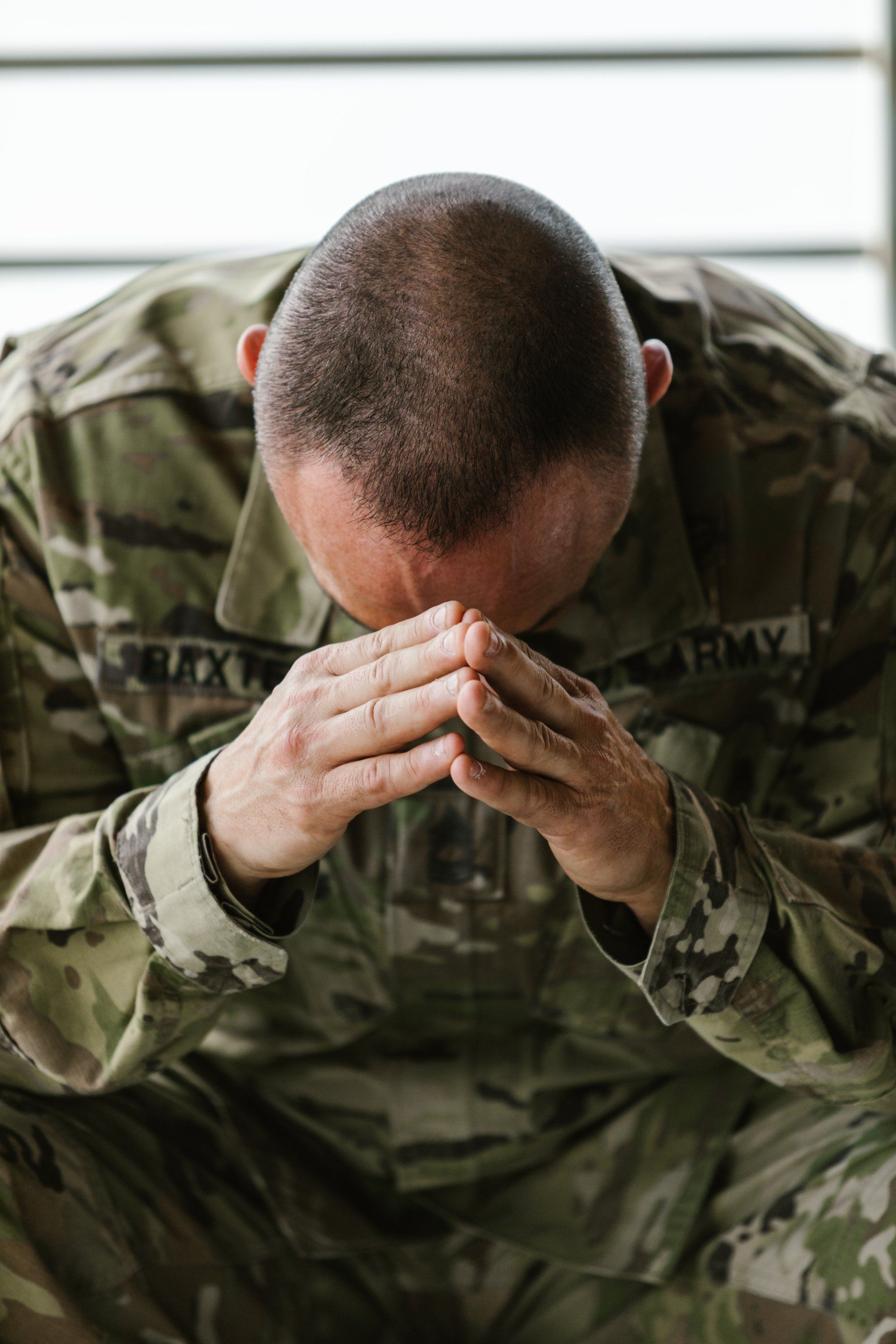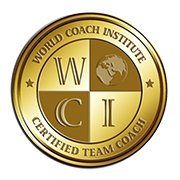Taking Control
Transforming Lives and Overcoming PTSD

Post-Traumatic Stress Disorder (PTSD) or (PTS) is a significant mental health challenge that affects millions of individuals worldwide. Among those particularly at risk are first responders and veterans, who face unique and high-stress situations in their line of duty.
This article sheds light on the alarming statistics and provides seven transformative steps that can empower individuals to take control of their lives and overcome the challenges of PTS.
The Higher Risk Among First Responders and Veterans:
First responders, including police officers, firefighters, and paramedics, are exposed to traumatic events on a regular basis. Astonishingly, some studies say they have a 39% higher risk of experiencing PTS compared to civilians. According to the National Center for PTSD, 6% of the US will have it at some point, while about 5% of adults currently have it.
In 2020 alone 13 million Americans suffered with PTS.
Similarly, veterans, who have served in combat zones, also face an increased risk of developing PTS. In fact, veterans are more likely to have PTSD compared to the general population. These statistics highlight the urgent need to address the mental health of these brave individuals who dedicate their lives to serving and protecting others.
Transforming Negative Self-Talk into Positive Thinking:
In my personal journey of living with PTS as a first responder and disabled combat veteran, the power of transforming negative self-talk into positive thinking became a turning point. Here are seven transformative steps that can help individuals take control and establish healthy and productive habits in their lives:
1. Recognize Thoughts as Interpretations:
It is crucial to understand that our thoughts are interpretations, not facts. Developing awareness of this distinction allows us to challenge and reshape our thinking patterns.
2. Challenge Negative Thoughts:
By consciously challenging negative thoughts, we can gradually replace them with positive and realistic perspectives. This shift in mindset opens doors to new possibilities and empowers individuals to overcome the limitations imposed by their trauma.
3. Practice Self-Compassion:
Treating ourselves with kindness and understanding is essential in the healing process. Practicing self-compassion involves acknowledging our struggles, forgiving ourselves for any perceived shortcomings, and embracing self-love.
4. Surround Yourself with Positivity:
Engaging with uplifting people, resources, and activities has a profound impact on our mindset. Surrounding ourselves with positivity creates an environment that supports healing and personal growth.
5. Set Realistic and Achievable Goals:
Setting goals that are realistic and achievable is crucial for building confidence and making progress. Breaking these goals down into manageable steps and celebrating every milestone along the way reinforces a sense of accomplishment.
6. Prioritize Self-Care:
Taking care of our physical, mental, and emotional well-being is paramount for our overall transformation. Prioritizing self-care involves engaging in activities that nourish our mind, body, and spirit, such as exercise, mindfulness, and seeking professional help when needed.
7. Seek Support:
No journey towards healing should be undertaken alone. Seeking support from trusted friends, family, or professionals provides guidance, encouragement, and a sense of community. Support systems play a vital role in helping individuals navigate their path towards recovery.
Overcoming the challenges of PTS is a journey that requires time, consistency, and a commitment to personal growth. By implementing these transformative steps, individuals can take control of their lives, transform their negative self-talk into positive thinking, and create a future they truly deserve.
Take a stand and find opportunities to not only support first responders and veterans, but your entire community. We all suffer some how. This can be done by inspiring them to take action, and empowering them to overcome their fears and reclaim their lives.
References:
Cyr, S., Marcil, M.-J., Marin, M.-F., Tardif, J.-C., Guay, S., Guertin, M.-C., Rosa, C., Genest, C.,
Forest, J., Lavoie, P., Labrosse, M., Vadeboncoeur, A., Selcer, S., Ducharme, S., & Brouillette, J. (2021). Factors associated with burnout, post-traumatic stress and Anxio-depressive symptoms in healthcare workers 3 months into the COVID-19 pandemic: An observational study. Frontiers in Psychiatry, 12. https://doi.org/10.3389/fpsyt.2021.668278
Gray, R. (2023, September 21). 8 powerful ways for first responders to implement a healthy
lifestyle and manage stress. Bluepaz First Responder 2023 Conference.
National center for PTSD - Veteran Affairs (VA). (2018, September 13). How common is PTSD
in adults?. https://www.ptsd.va.gov/understand/common/common_adults.asp














